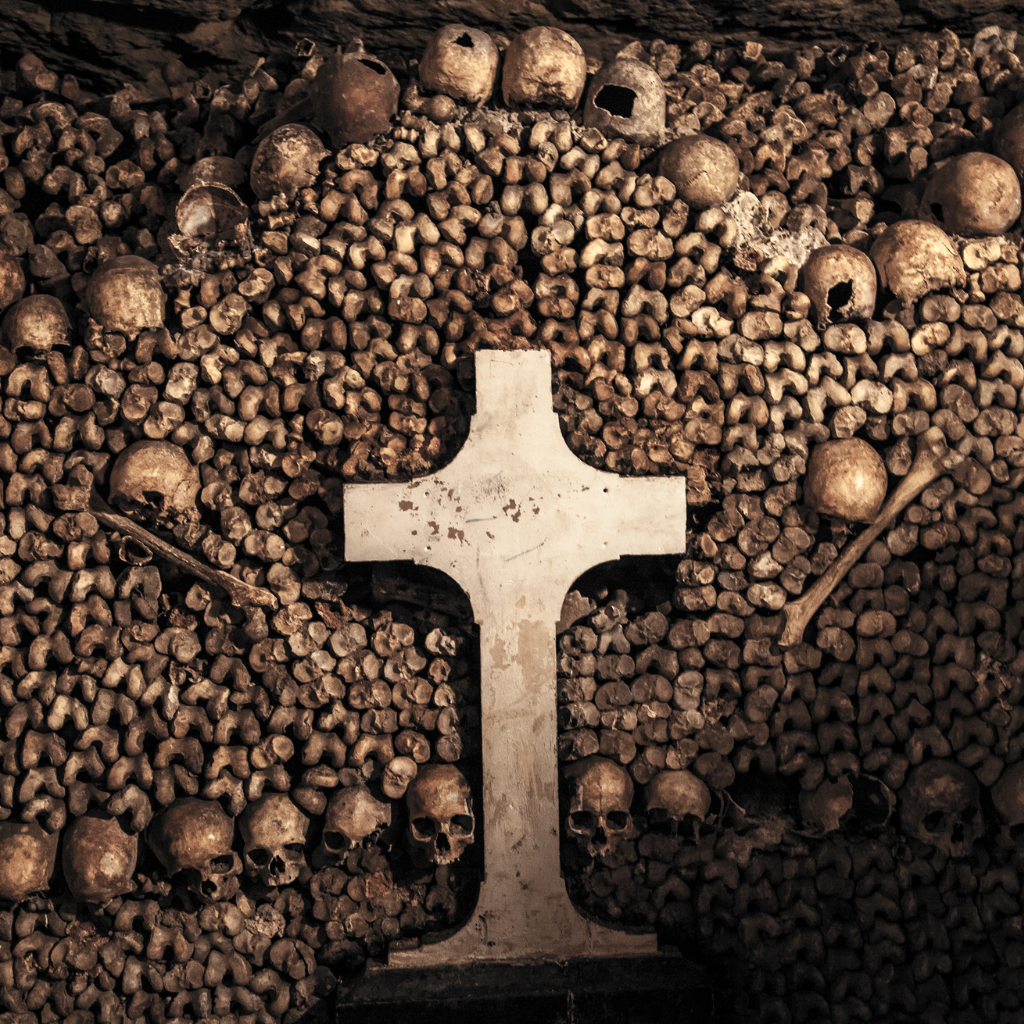
Spooky season is in full swing, which means tourists around the world are looking for dark and frightening destinations to celebrate. Some locations such as haunted houses are based in make believe and are solely used to have fun. However, dark tourism sites around the world see a surplus of tourists, and that may not always be a good thing. What is dark tourism, is dark tourism ethical, and should we be participating in it?
What is Dark Tourism?
The actual definition of dark tourism is tourism involving places historically associated with sites of death and tragedy. While this may sound horrifying to you, you’ve probably experienced it yourself! These destinations draw in tourists to relive the history, learn about the tragedy, and often submerge visitors in the dark and spooky. However, dark tourism by definition has to involve some kind of tragedy: sites of mass murder or genocide, natural disaster and destruction, memorial sites, nuclear disaster sites, and museums about these events. Tourist attractions and activities like haunted houses, museums about horror films, and Halloween themed events, while spooky and sometimes macabre, are not considered dark tourism.

Is Dark Tourism Ethical?

Pompeii, Italy is considered a dark tourism site due to the tragedy that occurred there
So, is participating as a dark tourist ethical? Well, like most discussions of ethical travel, it depends. There are many historical destinations around the world that are classified as dark tourism but strive to teach about tragic events so that they won’t be repeated. These dark tourism attractions can also be considered grief tourism as people remember and grieve for those who passed there. Others use tragedy as entertainment like visiting the streets Jack the Ripper prowled or public execution sites of serial killers. Some destinations are just fun, spooky, and harmless!
If you’re hesitant about visiting a dark tourism site, there are a few questions you can ask yourself on whether it’s ethical or not.
- Is the site teaching about a moment in history? If so, is it doing it in a respectful way to the victims of the tragedy?
-
- Examples: Auschwitz tours, the Holocaust Museum, Ground Zero
2. If the destination is more about entertainment, has enough time passed that the victims’ families are not directly affected or reminded of the event?
-
- Examples: Salem, Pompeii, the Jack the Ripper Museum
3. Is the destination a historical church, castle, or catacombs?
-
- Examples: Catacombs of Paris, San Bernardino Alle Ossa, old cemeteries
If you answered “yes” to any of the above questions, the dark site is most likely a-ok to visit. However, if the destination is of recent tragedies or sites of death, especially involving true crime, it’s probably best to avoid it. There are many people and destinations out there that are making money off of recent tragedies and associations with death, turning it into a show that often harms the families of the victims. These destinations include:
- Homes of recent serial killers (Jeffrey Dahmer, Dennis Raider, John Wayne Gacey)
- Sites of tragedy that don’t attempt to educate visitors, but are instead celebrated for their beauty (US plantation homes)
Dark tourism attractions have a responsibility to be respectful and educational with rules in place to ensure guests are respectful as well. Unfortunately, tourism management can be difficult, especially when the dark site sees thousands to millions of tourists a year.
Dark Tourist Behavior
You can also behave in an unethical way as a dark tourist. For example, many Instagram influencers came under fire for posting photos of themselves with inspiring captions walking along the train tracks at Auschwitz; captions that had nothing to do with the camp itself. There’s also the instance of Justin Bieber writing a questionable message in the visitor book at Anne Frank’s home and my fellow classmates laughing and running around the Holocaust Memorial Museum when we visited in middle school. As I like to say on my podcast, just don’t be that asshole!
Why is Dark Tourism Important?

A spot in the Holocaust Memorial Museum for visitors to pay their respects to the victims of the tragedy
Understanding how these events unfolded throughout history is important to understand so we do not make the same mistakes in the future. In addition, dark tourism destinations allow visitors, as well as survivors and descendants, to pay their respects to the victims. Human beings also have an inherent morbid curiosity about many of these sites and tour them to, unconsciously, satisfy that urge to see and relive past dark events. Dark tourism consumption, overall, is fine and even positive as long as it is done and visited in a respectful way.
Dark tourism is a hot topic for debate. Some believe that destinations shrouded in dark history shouldn’t be visited at all as they see it as a celebration of what happened or a sick fascination with these dark events. While that may be true for a select few, overall, these destinations are important to understand human history. As we know, history is not always good and pretty. It’s up to us to make sure we are respectful and call out those who aren’t.








Leave a Reply